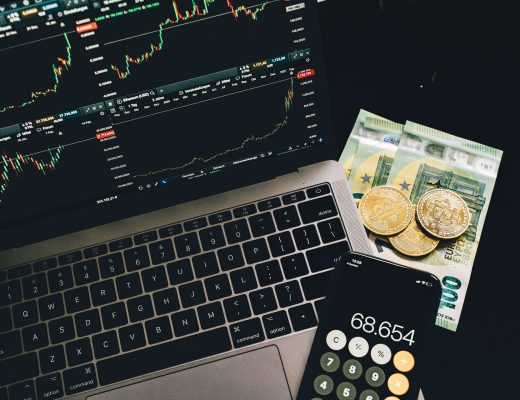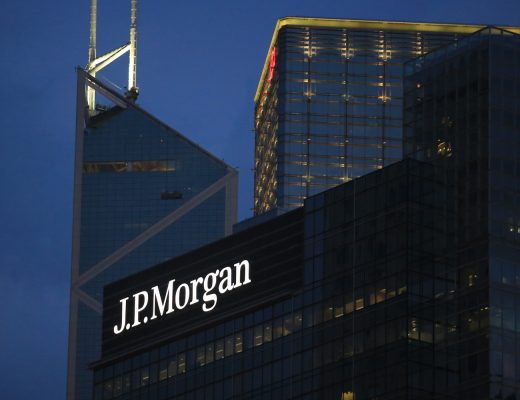Does the possible collapse of markets depend on rising inflation?
The crisis that the world experienced during the pandemic left many consequences that countries will have to deal with for a long time to come. One of the threats is rising inflation, which can affect even countries with stable economies. Therefore, it is important to understand the possible collapse and to take timely measures to neutralize it.
Experts are not yet able to give an exact answer to the question – whether to expect a sharp rise in inflation in the U.S. after the end of the Fed’s support programs. However, this development should also be considered, and it is important to understand which sectors of the economy will suffer the most in this case.
Last year the inflation rate in Russia reached 5.53%, which was higher than the Central Bank’s target. A similar trend of exceeding regulators’ estimates was observed in other countries as well.
Worryingly, the pressure due to rising prices is felt not only by emerging markets, but also by strong economies. For example, in April 2021 inflation in the U.S. reached 4.2%, which exceeded the record values of 2008. Analysts note that the reason for the rise in world prices is not only a sharp increase in demand and an active economic recovery. To reduce the damage during the pandemic, regulators of large countries began to actively inject capital into the stock market, thus increasing its liquidity. As a result of such actions, futures on metals as well as food products such as meat, coffee and grains significantly increased in value. Two factors – concerns over disruptions in the supply of food and raw materials, as well as speculators’ activity – had an impact here. Over the year, steel futures prices have risen 3 times, and copper prices have doubled. As for the price of sugar, corn and coffee, it also doubled. In order to curb price rises, central banks are raising key rates, but the effectiveness of such actions is still unclear.
Analysts note that the reason for the rise in world prices is not only a sharp increase in demand and an active economic recovery. To reduce the damage during the pandemic, regulators of large countries began to actively inject capital into the stock market, thus increasing its liquidity. As a result of such actions, futures on metals as well as food products such as meat, coffee and grains significantly increased in value. Two factors – concerns over disruptions in the supply of food and raw materials, as well as speculators’ activity – had an impact here. Over the year, steel futures prices have risen 3 times, and copper prices have doubled. As for the price of sugar, corn and coffee, it also doubled. In order to curb price rises, central banks are raising key rates, but the effectiveness of such actions is still unclear.
Inflation also worries investors. Regular injections have made the price of assets on stock markets extremely dependent on the volume of incoming liquidity. A vivid example is the announcement of tightening of monetary policy measures by the Federal Reserve leads to a market frenzy and correction.
Meanwhile, the U.S. regulator promises that inflation growth will be a temporary phenomenon; however, a number of analysts are inclined to a different viewpoint. They do not rule out that the process of rising prices in the US could drag on. And the growth of inflation will be accompanied by the actions of producers, consumers and investors alike.










